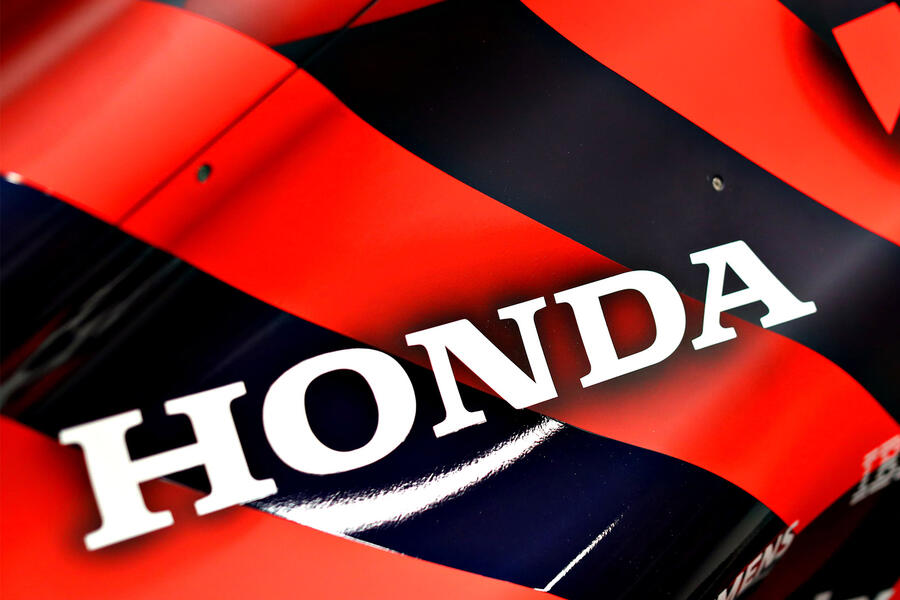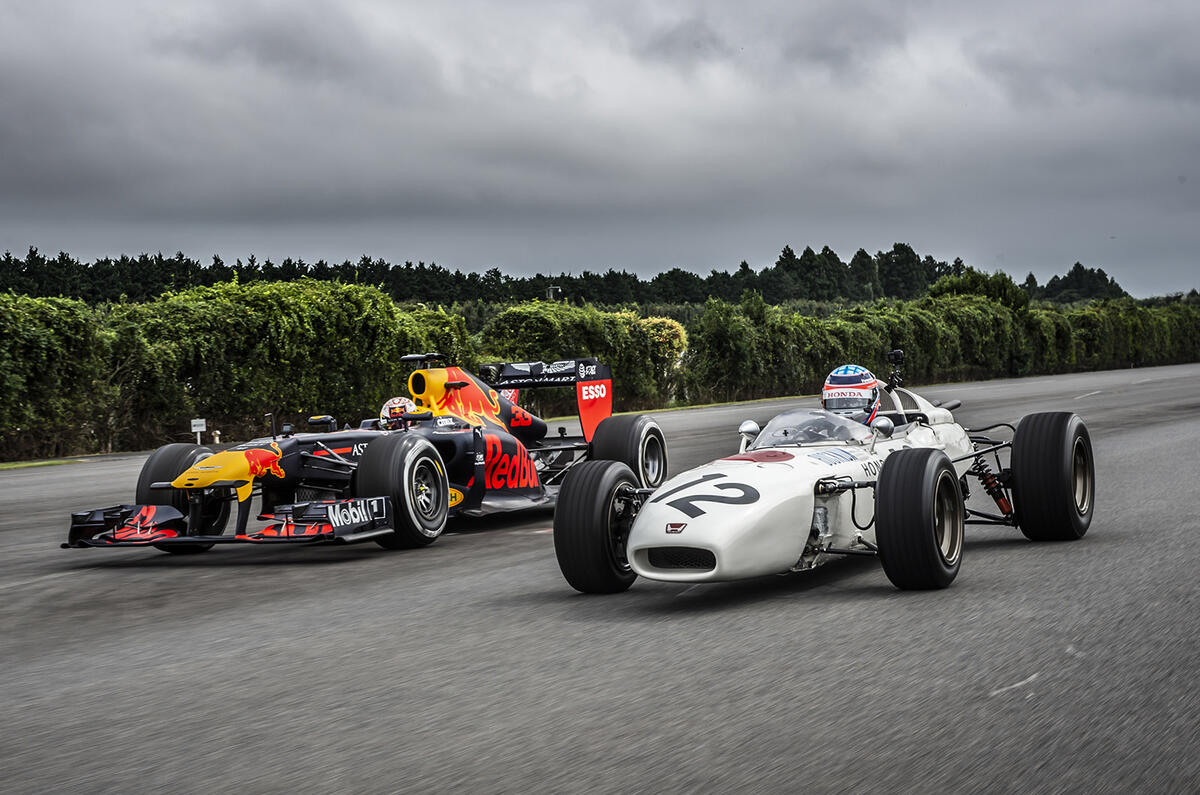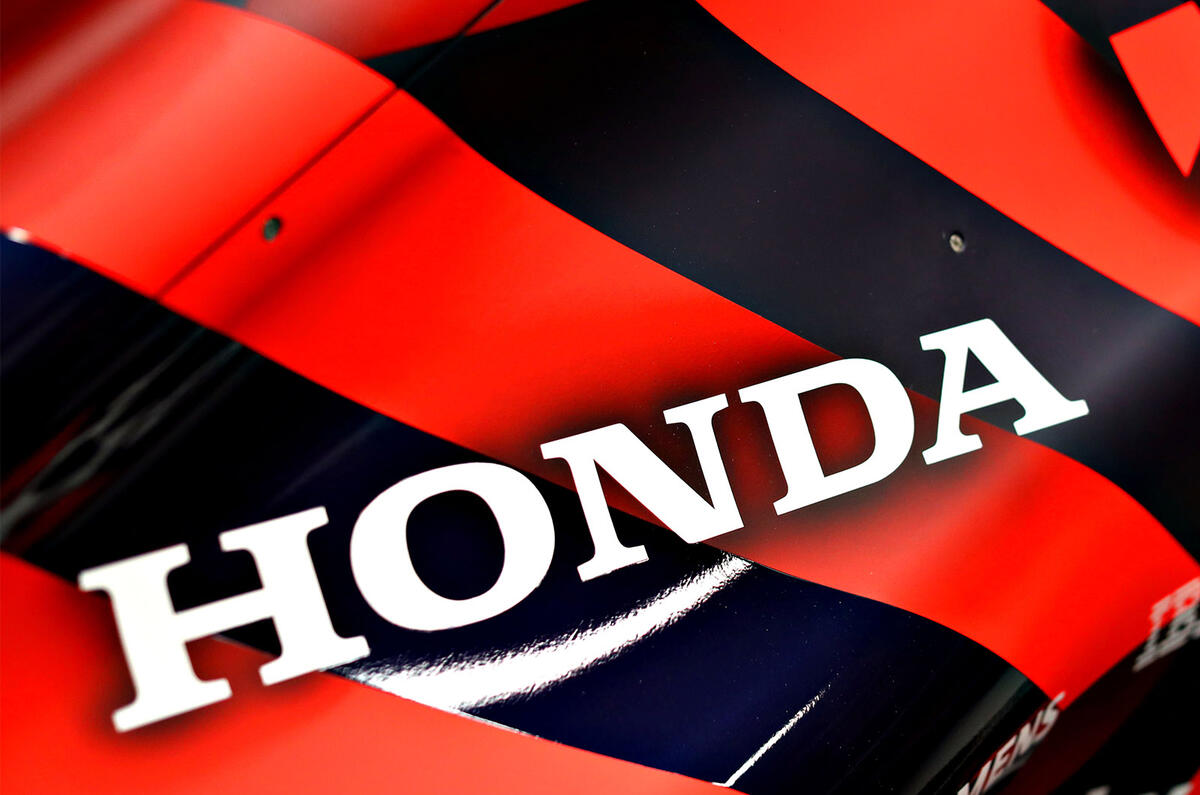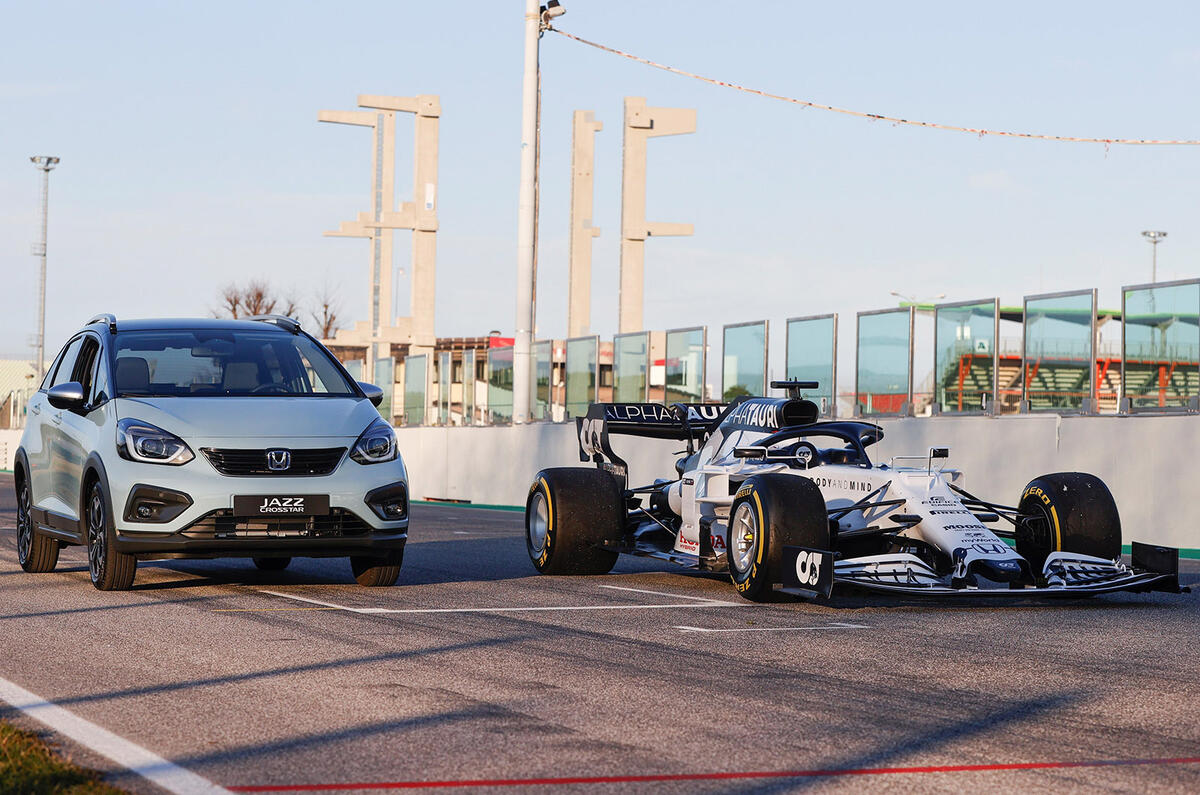Honda’s decision to pull out of Formula 1 as an engine supplier after 2021 isn’t a surprise. The Japanese manufacturer made no secret that it was reviewing its involvement in grand prix racing, and the axe has been hovering for a while. But its fall is still a shock, because of the major blow to F1 it represents – not to mention the consequences and meaning it carries that stretch far beyond the more immediate pain suffered by Red Bull Racing and sister team AlphaTauri.
In some respects, the decision doesn’t actually change the challenge that F1 faces. Even if Honda had committed, the big choices that F1 must make on its future propulsion and how it presents itself to a fast-changing world would still be looming. But the withdrawal does compound the pressure on a form of motorsport that looks increasingly out of touch with the evolving priorities of major car makers. F1 is facing an existential crisis of a magnitude that threatens its very essence and what it will stand for in the latter half of this decade and beyond.
Why Honda quit
Has Honda run out of puff in its quest to defeat Mercedes? That seems unlikely, given that its power unit is now considered to be broadly on a par with that of the Silver Arrows. And with clean-sheet new chassis rules being introduced in 2022, Honda had a genuine chance of rising beyond its current status as an occasional race winner. Rather than running scared, we have to take the company’s reasons for withdrawal at face value: that it no longer believes F1 can help achieve its goal of “realising carbon neutrality by 2050”.

“Honda needs to funnel its corporate resources for research and development into the areas of future power unit and energy technologies, including fuel cell vehicle (FCV) and battery-electric vehicle (BEV) technologies, which will be the core of carbon-free technologies,” it stated. “Honda will allocate its energy management and fuel technologies as well as knowledge amassed through F1 activities to this area… and take initiatives while focusing on the future realisation of carbon neutrality. Toward this end, Honda made the decision to conclude its participation in F1.”
Amid the corporate speak lurks a damning indictment of F1’s place – or lack of it – in the wider automotive world.










Join the debate
Add your comment
So many issues
Engine supply is just one of the issues spoiling F1, and probably not the most important. Racing spoilt by tyre regulations, false results due to DRS spoiling a good battle as does too much aero reliance. Stewards that seem to be intent on preventing any form of aggressive racing, inconsistent circuit limit rules., and too keen to set off Safety Cars at any excuse.
Plus any form of innovation from a team results in objections and appeals and usually a penalty.
The "sport " is quickly turning into a battle between team lawyers and various levels of adjudicators , who end up being blackmailed by interested parties when ever any changes are proposed. Too many vetoes in the hands of parties with no interest in the bigger picture only their own, usually crumbling , little kingdom.
Too much research without real world applicability
All that R&D money is such a colossal waste. What other benefit will that intricate front-wing bring to the world, apart maybe from a school of well prepared aero-engineers?
And then there's the delicate porcelain aspect of the show: any seemingly minor bump will send the car to the pits and the driver in front of a jury. One cannot even be claiming to have done it for the girls, as the pit-babes have been banned from this temple.
What a stupid thing to say 405line
Businesses enter and leave market sectors regularly. No one "obliges" them to stay out of that sector as a result. It is a free market economy, not Communism.
Toyota produced the Supra for 24 years, then left that market for 17 years and then re-entered it last year. Should they be "obliged" to stay out of it?
Innocent Smoothies have been in and out of the Swedish market three times in recent years.
eBay entered and left and re-entered the Japanese market. They did the same in China.
It is how the commercial world works.
I hope that
they are "obliged" to stay out of F1 for at least the next 10 years, they are very unsettling for the sport in general and the teams in particular.